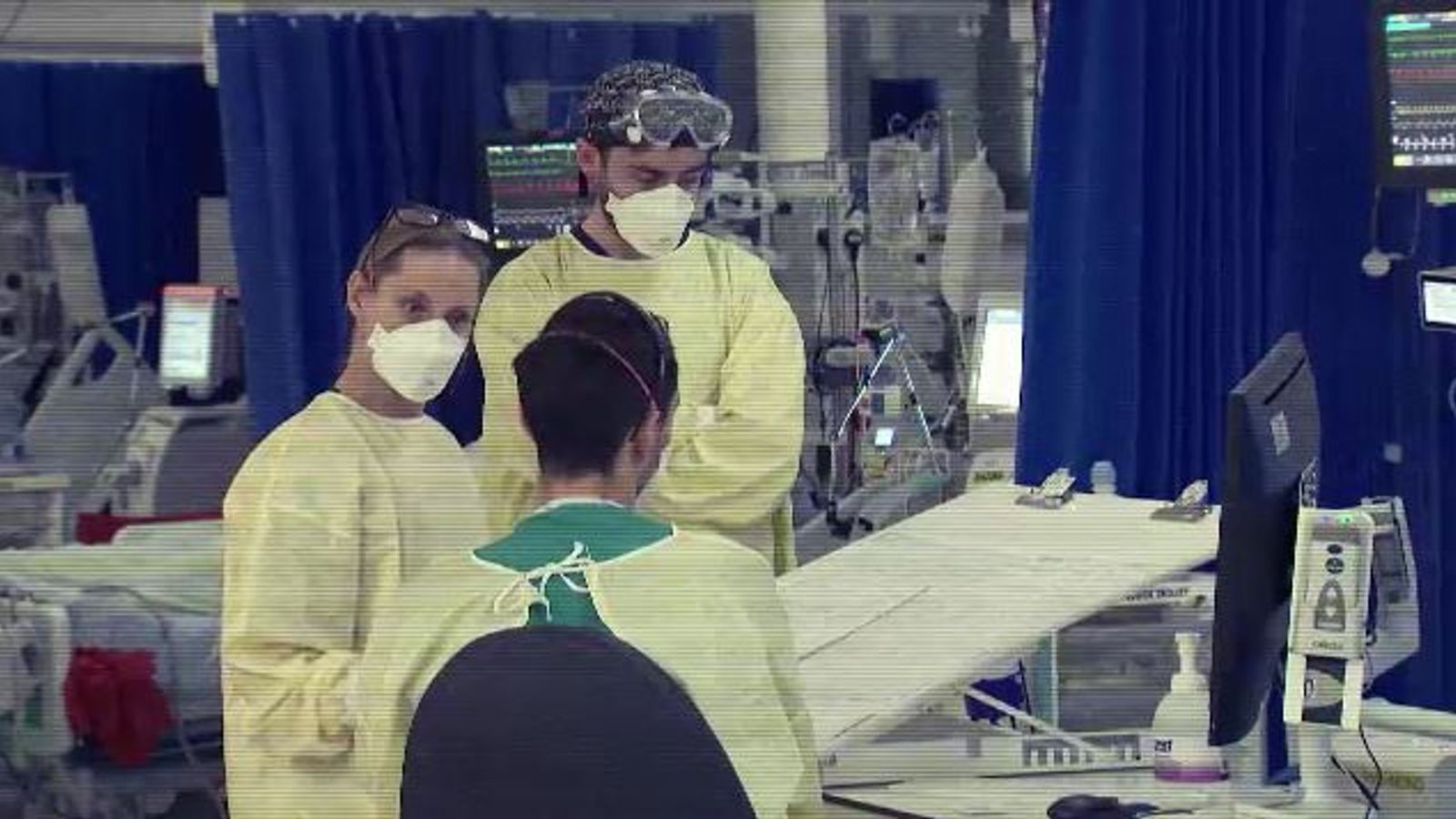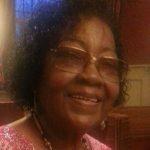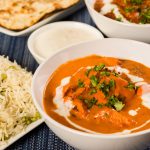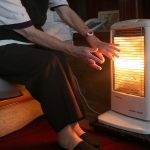Divya Chadha Manek was 18 when she left home in India and came to the UK on a scholarship.
She can still recall her father’s parting words.
“He said ‘do good, be good and do something amazing so that you get to meet the Queen’,” she told Sky News.
Seventeen years on, it seems she has done just that, after being made an OBE for her role on the vaccine taskforce.
“My dad would be proud,” she said.
“He’d be messaging all his friends saying: ‘that’s my daughter’. We are ultimate royal fans.”
Ms Manek’s father died in December. Although he missed this honour, he was alive to see his daughter play an instrumental part in the fight against coronavirus.
At the start of the pandemic, she was seconded from the National Institute for Health Research (NIHR) to be clinical trials lead on the vaccine taskforce, a role that involved convincing manufacturers to base their studies in the UK.
“It did feel pretty daunting,” she admitted.
“You know when someone says ‘you’ve got to step up’, there was that step up.”
Working from her home in Wembley, north London, for much of lockdown, Ms Manek said the taskforce had a motto – “Save Lives Now” – which helped spur the team on.
“This isn’t about me. This is about the whole team that has been delivering on clinical research,” she said of her honour.
“It’s a thank you and a nod towards the hard work of the people who volunteered to take part in clinical trials.”
Like many of the taskforce team, Ms Manek hasn’t had a day off since the pandemic began. And the mother-of-two is still not planning on taking one yet.
“My dad would always say to me ‘when you achieve something, that is the beginning of something, and don’t rest on achievements and continue to keep giving’. And I feel like those are some of the things I want to continue in my profession and personal life.”
Anju Ahluwali is another who stepped up when the country locked down. The 44-year-old runs a charity feeding the homeless in east London.
“I’m a massive believer in that every single human being on the planet needs to have at least one hot meal a day,” she told Sky News, after being awarded the British Empire Medal for services to the community during COVID-19.
Before the pandemic, Ms Ahluwali and her husband Nim were cooking 900 meals a week at most. But when COVID hit, that became 5000 as they aimed to help all those in need.
“We’ll do 20kg of rice, and then we’ll do 20kg of lentils as well,” she said, pointing to eight enormous saucepans, piled up next to a vast hot-plate where up to 40 chapatis can be cooked simultaneously.
The charity, Food4all, has gone from having one fridge at the start of the pandemic, to having an entire wall of gleaming industrial cold storage units, after supporters donated to their cause.
“The kitchen just literally became alive, with volunteers, with people wanting to cook and people wanting to support us,” she said.
“We were getting pallets of foods, we were getting so much. It’s amazing what it’s done for people.”
Almost a quarter of the recipients on the Queen’s Birthday Honours were recommended for COVID-19-related service – further evidence that the worst of times brought out the best in many.






















